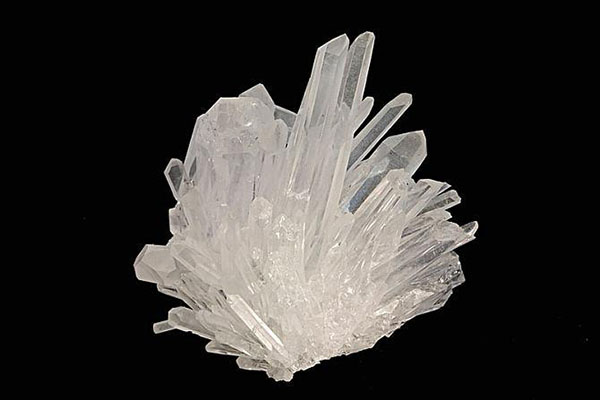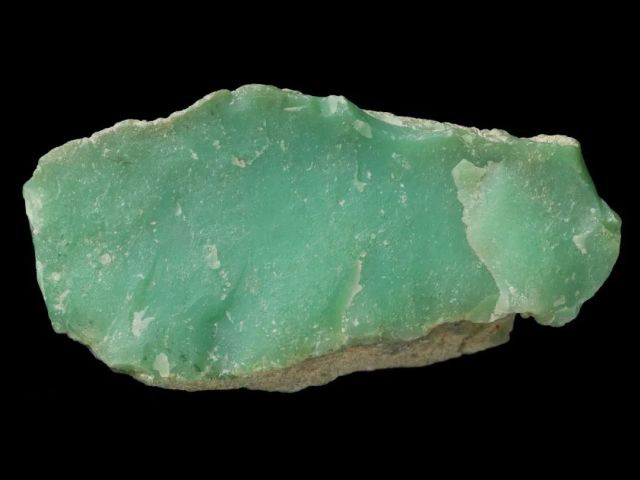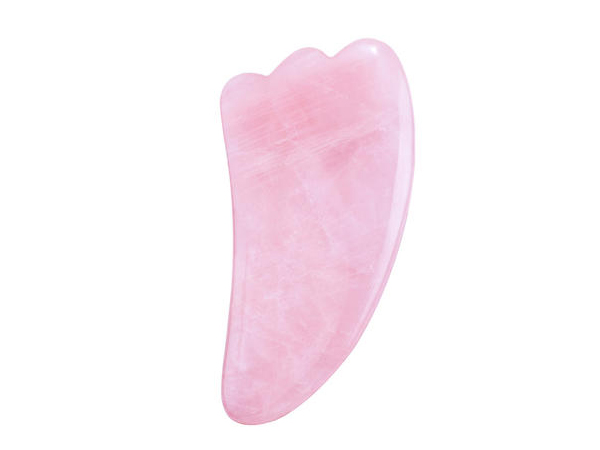Landscaping is a great way to enhance the appearance of your outdoor space, but choosing the right materials can be a daunting task. River rock and gravel are two popular options for landscaping projects, but which one is more cost-effective? In this article, we will compare the cost of river rock and gravel, and help you make an informed decision.
What is River Rock?
River rock is a type of stone that is harvested from riverbeds and other water sources. It comes in various shapes, sizes, and colors, and is often used in landscaping for its natural look and durability. River rock can be used for a variety of landscaping projects, including pathways, driveways, water features, and decorative accents.
River Rock Cost
The cost of river rock varies depending on several factors, including the size, color, and location of the supplier. On average, river rock costs around $100-$150 per ton, including delivery fees. However, the cost can range from as low as $50 per ton to as high as $200 per ton, depending on the factors mentioned above.
River rock is generally more expensive than other types of landscaping materials, such as gravel and mulch. However, it can last for a long time without requiring maintenance, which can make it a cost-effective option in the long run.
What is Gravel?
Gravel is a type of crushed stone that is made from various types of rock, such as limestone, granite, and basalt. It is available in different sizes, shapes, and colors, and is commonly used in landscaping for its affordability and versatility. Gravel can be used for a variety of landscaping projects, including pathways, driveways, patios, and drainage solutions.
Gravel Cost
The cost of gravel varies depending on several factors, including the size, type, and location of the supplier. On average, gravel costs around $50-$80 per ton, including delivery fees. However, the cost can range from as low as $30 per ton to as high as $150 per ton, depending on the factors mentioned above.
Gravel is generally more affordable than river rock, and is often used as a cheaper alternative. However, it may require more maintenance than river rock, as it can shift and sink over time.
River Rock vs Gravel Cost Comparison
When comparing the cost of river rock and gravel, it is important to consider several factors. These include:
- Size: Larger river rocks and gravel tend to be more expensive than smaller ones, as they require more effort to mine, transport, and deliver.
- Color: Colored river rocks and gravel may be more expensive than natural ones, as they require additional processing to achieve the desired hue.
- Availability: River rock and gravel that are readily available in your area tend to be cheaper than those that need to be shipped from other regions.
Based on these factors, the cost of river rock and gravel can vary greatly depending on your location and specific project needs.
Advantages and Disadvantages
Both river rock and gravel have their own advantages and disadvantages. Here are some of them:
River Rock:
- Advantages: Durable, long-lasting, natural-looking, and requires little to no maintenance.
- Disadvantages: More expensive than other landscaping materials, can be heavy and difficult to move, and may not be suitable for all projects.
Gravel:
- Advantages: Affordable, versatile, easy to install, and allows for good drainage.
- Disadvantages: May require more maintenance than river rock, can shift and sink over time, and may not be as visually appealing as river rock.
Choosing the Right Material
When choosing between river rock and gravel, it is important to consider your specific project needs and budget. Here are some factors to consider:
- Look and Feel: River rock is more natural-looking and adds a unique texture to landscaping projects, while gravel has a more uniform appearance.
- Durability: River rock is more durable and long-lasting than gravel, and requires little to no maintenance.
- Cost: Gravel is more affordable than river rock, but may require more maintenance in the long run.
- Project Type: River rock is best suited for decorative accents, water features, and erosion control, while gravel is ideal for driveways, pathways, and drainage solutions.
Conclusion
The cost of river rock and gravel can vary depending on several factors, including size, color, and availability. River rock tends to be more expensive than gravel, but is more durable and requires less maintenance. Gravel is more affordable and versatile, but may require more upkeep over time.
When choosing between river rock and gravel, consider your specific project needs and budget, and choose the material that best suits your goals. With the right choice, you can create a beautiful and functional outdoor space that will last for years to come.




